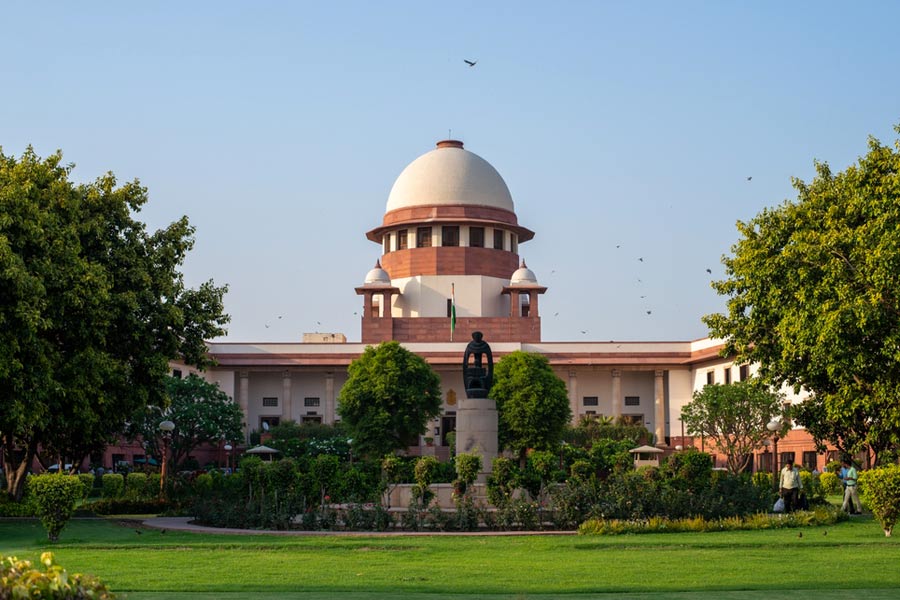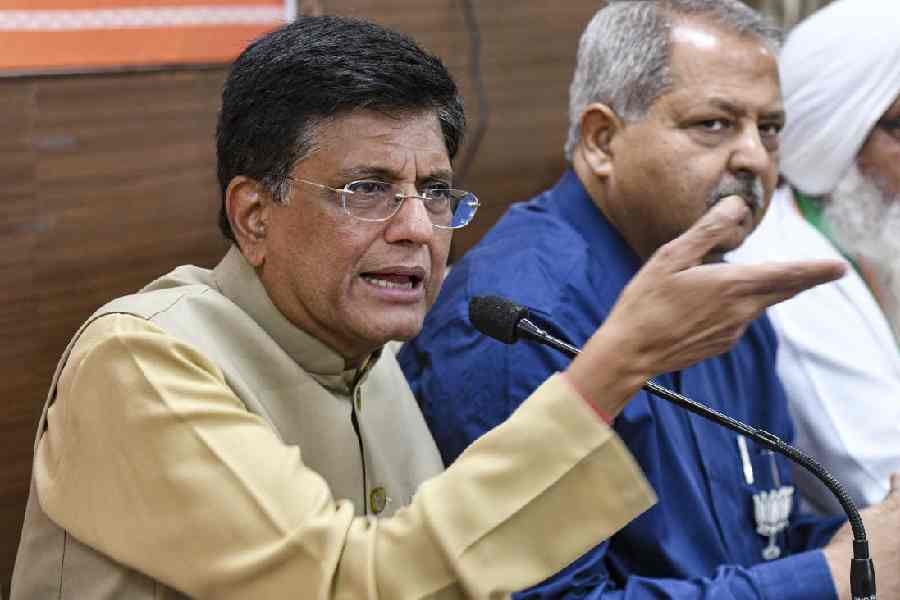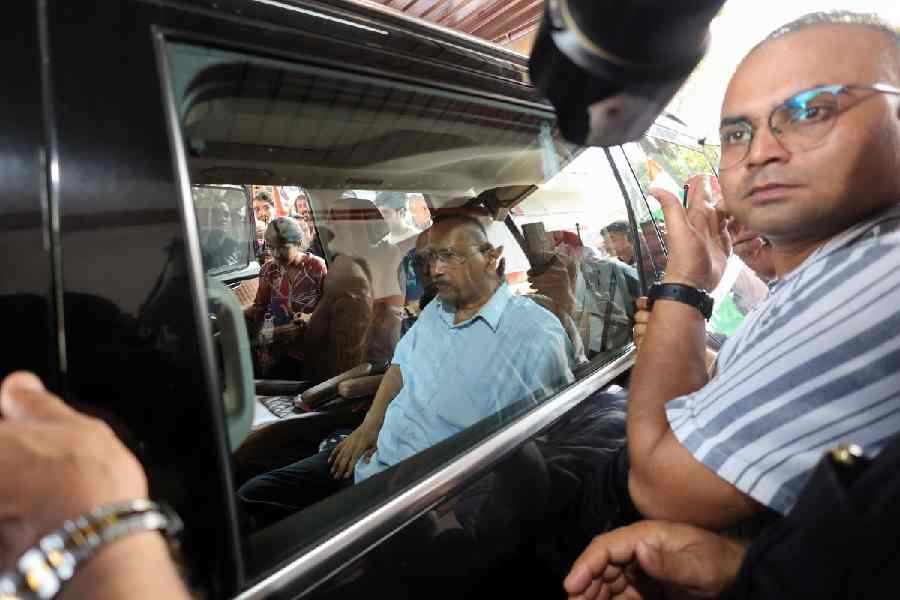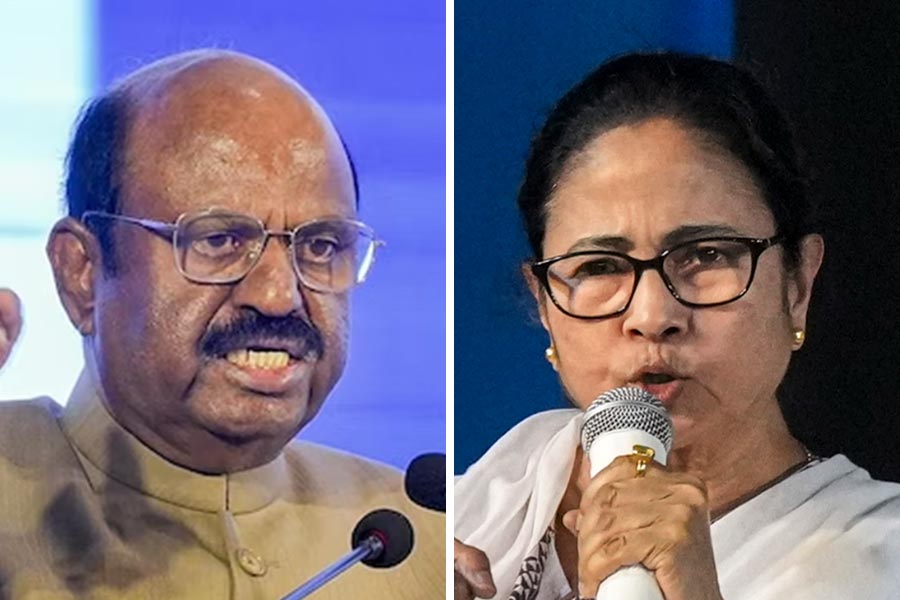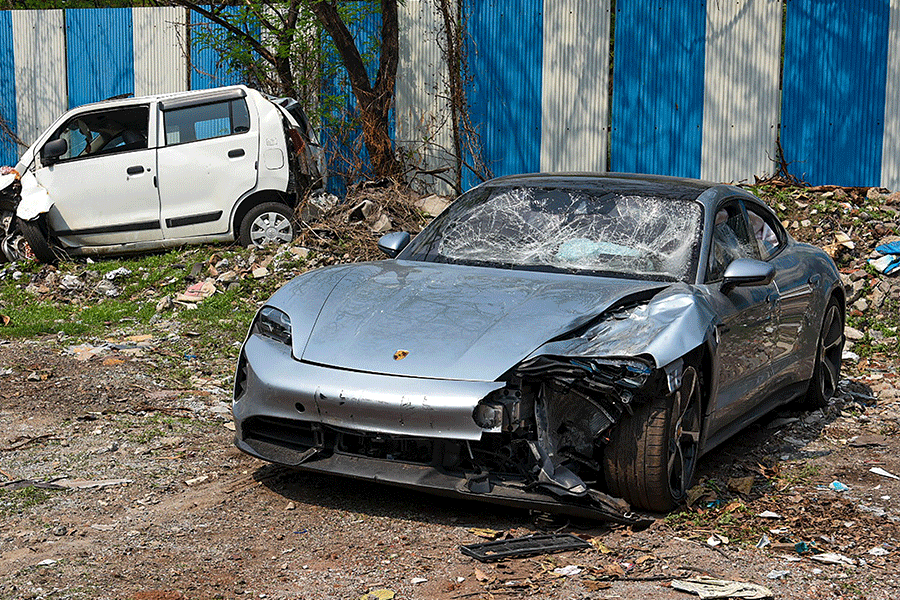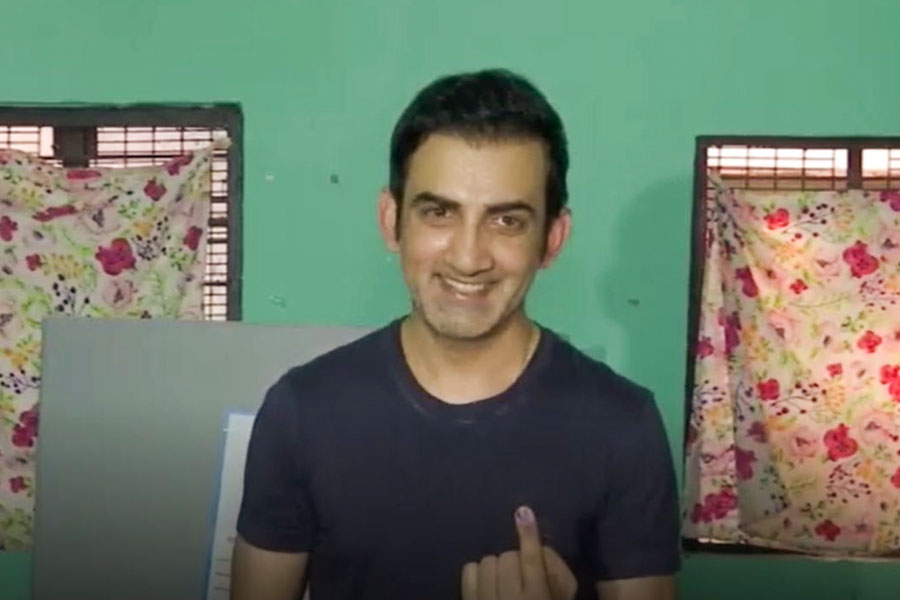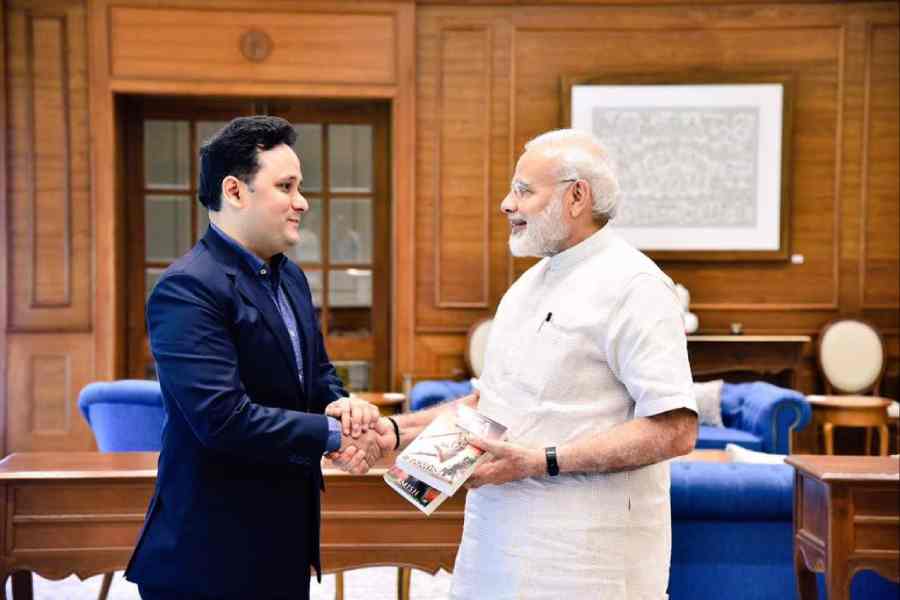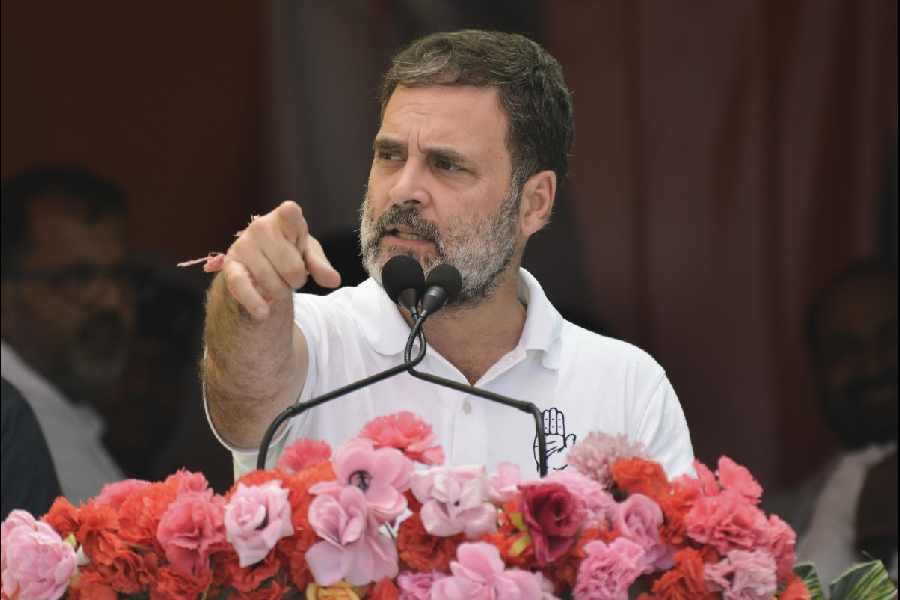The Centre and Bengal on Thursday tussled in the Supreme Court over the CBI’s role, the Union government saying the agency was an independent body and the state highlighting that the bureau reported to the department of personnel and training, often headed by the Prime Minister.
The bench of Justices B.R. Gavai and Sandeep Mehta was hearing the Bengal government’s 2021 suit challenging the CBI’s act of probing fresh cases in Bengal despite the Mamata Banerjee government withdrawing in 2018 its general consent for investigations by the central agency.
Solicitor-general Tushar Mehta, appearing for the Centre, said the suit, filed under Article 131, was not maintainable. He argued that while Article 131 empowers the Supreme Court to adjudicate disputes between the Centre and the states, or
between states, the CBI is an independent agency.
“The Union of India has not registered any case; CBI has registered it. CBI is not under the control of the Union of India,” Mehta said.
Senior advocate Kapil Sibal, representing the Bengal government, contended that Section 4 of the Delhi Special Police Establishment (DSPE) Act, 1946, said the CBI came under the superintendence of the Union government through its department of personnel and training (DoPT).
“The Prime Minister is often heading the DoPT and does not answer questions raised by members in Parliament. It is not independent,” Sibal said.
“It (the CBI probing cases in Bengal despite the state’s withdrawal of consent) impacts the entire federal structure of this country. Consent is necessary before you get entry (to) the state.
“...Once a certain foothold is given to CBI in a state, soon after the ED also enters for investigating the predicate offence. Thus, it has huge ramifications for the entire polity of the country.”
Arguments will continue next Thursday.
Justice Gavai had on Wednesday said the bench would conclude the arguments and reserve the verdict before the summer recess began on May 19.
Section 6 of the DSPE Act empowers the states to withdraw the general consent available to the CBI to investigate cases within their boundaries.
The CBI is investigating several cases in Bengal, including those related to alleged corruption in teacher recruitment and the Saradha scam.

